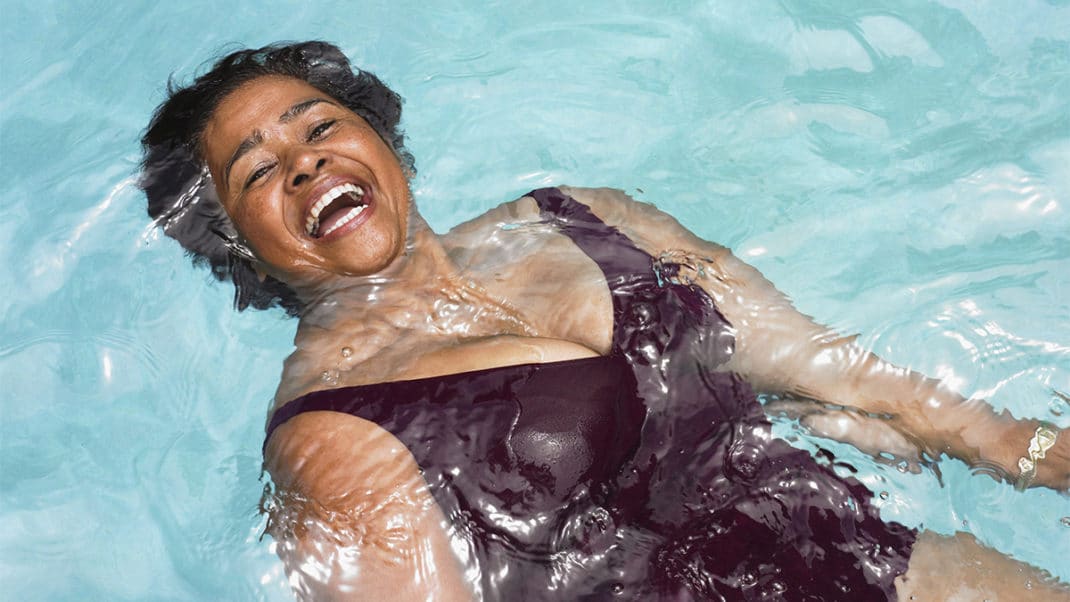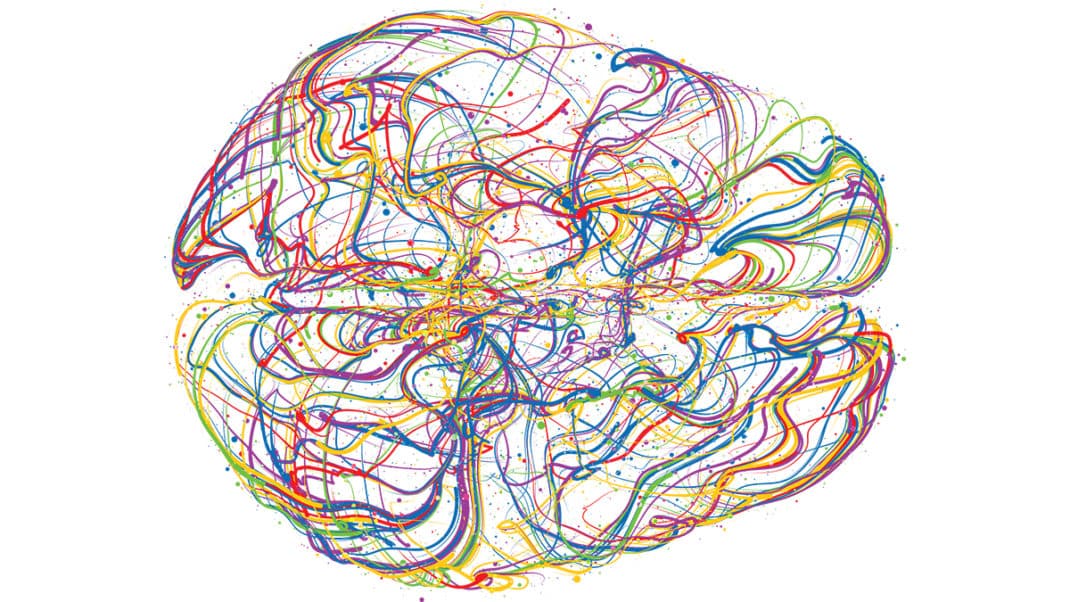The Benefits of “Ikigai”
A meaningful life increases health and wellbeing.

When working with clients, fit pros may want to consider how to enhance enjoyment and a sense of purpose with training. Lifestyle concepts like “Hygge”—a Danish concept related to enjoying the good things in life—or “Ikigai”—a Japanese concept related to living a meaningful, pleasurable and satisfying life—are gaining popular interest. Harvard University researchers conducted a study review with data from more than 14,000 Japanese adults ages 65 years and older who applied Ikigai in everyday life to health outcomes and wellbeing.
Findings showed that having Ikigai, compared with not having it, was linked with a 31% lower risk of developing functional disability, a 36% lower risk of developing dementia, decreased depression and hopelessness and higher happiness, life satisfaction and more participation in social activities. Men and those with higher socio-economic status had higher associations.
Research findings are available in the The Lancet (2022; 21 [100391]).
See also: Exercise, Life Purpose and Happiness
Shirley Eichenberger-Archer, JD, MA
Shirley Eichenberger-Archer, JD, MA, is an internationally acknowledged integrative health and mindfulness specialist, best-selling author of 16 fitness and wellness books translated into multiple languages and sold worldwide, award-winning health journalist, contributing editor to Fitness Journal, media spokesperson, and IDEA's 2008 Fitness Instructor of the Year. She's a 25-year industry veteran and former health and fitness educator at the Stanford Prevention Research Center, who has served on multiple industry committees and co-authored trade books and manuals for ACE, ACSM and YMCA of the USA. She has appeared on TV worldwide and was a featured trainer on America's Next Top Model.






